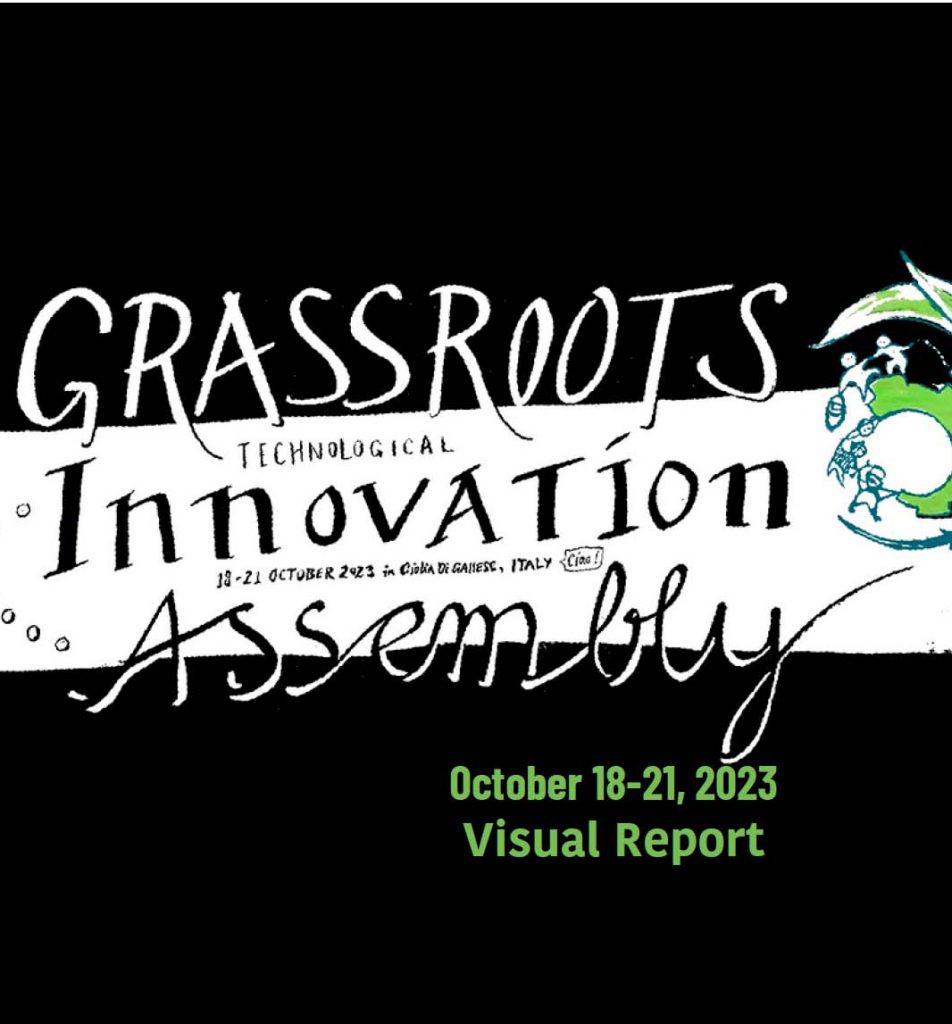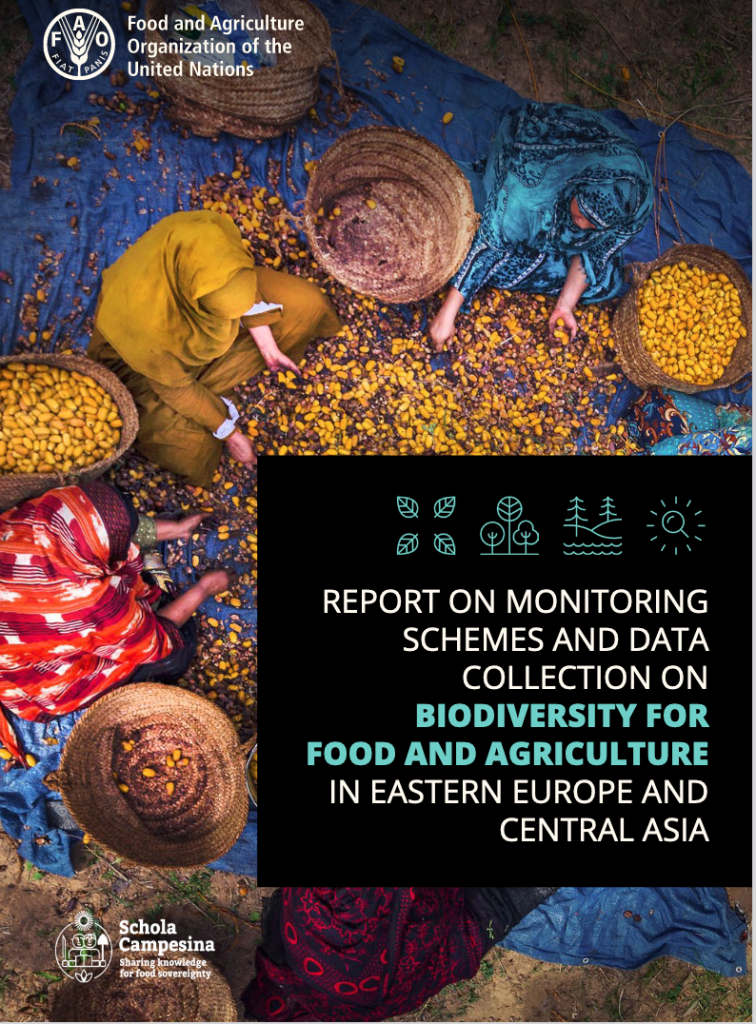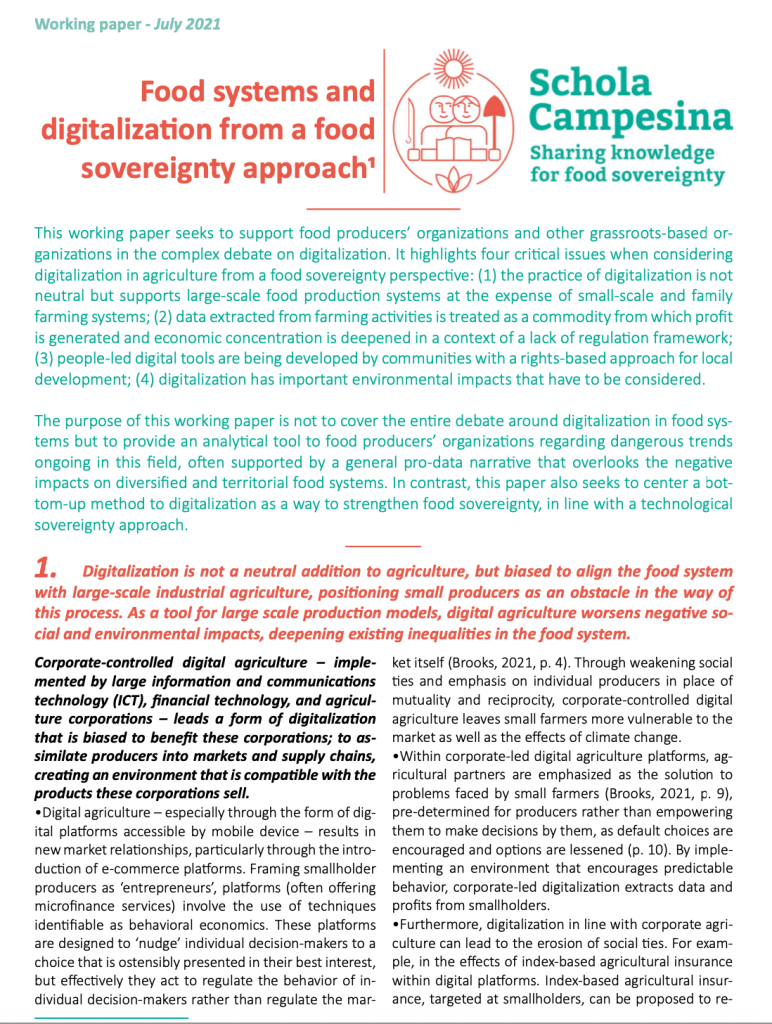Schola Campesina is an international Agroecology school, based in the Italian biodistrict Via Armerina e delle Fore. Schola Campesina purpose is to strenghten food producers’ organizations worldwide in their struggle for Food sovereignty and Agroecology, centering local Knowledge. Based on Nyéléni International Forum for Agroecology (2015) and on the principles of ‘Dialogo de saberes’ and Popular Education, Schola Campesina aims to cultivate the dialogue among peasant, academical and activist knowledge, including on international advocacy work.
Recent publications
A Case Study of Bilim Community of Practice of Agroecology in Eastern Europe, Central and Western Asia.
Bilim is a community of organizations from Eastern Europe, Central and Western Asia region.
This brief developed by the UVM Institute for Agroecology in collaboration with Bilim organizations and Schola Campesina as the Community facilitator, examines the Bilim Community’s pivotal role in advancing agroecology across the region.
Rooted in the region’s diverse languages, cultures, and histories, Bilim fosters grassroots collaboration and knowledge-sharing to address critical challenges such as biodiversity loss, market inequities, and rural isolation. The brief highlights transformative initiatives illustrating how Bilim bridges informal and formal knowledge systems to promote sustainable, community-driven solutions, and underscores the importance of regional networks in creating resilient food systems and fostering solidarity.
Watch the video and read more on Bilim Community
The Grassroot Innovation for Agroecology Assembly 2023 Visual Report.
This report documents the first international gathering of the Grassroots Innovations for Agroecology Assembly held from Oct 18-21, 2023 in Gallese, Italy. As food producers confront climate crises, corporate capture, and the new extractive technologies of AG 4.0, smallholders are organizing their own innovation networks for agroecological methods. The work of these networks demonstrates that peasant autonomy is possible through grassroots innovation, knowledge-sharing, research, and collaboration.
The idea for the international grassroots innovations assembly was seeded by a group of established innovation networks like Farm Hack, L’Atelier Paysan, and Schola Campesina. Download the report
Latest News
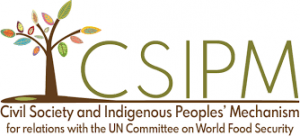
CSIPM PRESS RELEASE – Food sovereignty is not possible without financial sovereignty
Following the CFS Dialogue on Financing for Food Security and Nutrition, the CSIPM has published a press release, and the zine Trade, debt and financialization: What

Join the Coalition ECI – Good food for all !
On March 30, 2025, the European Citizens’ Initiative on the Right to Food has been submitted to the European Commission. We are now awaiting confirmation,
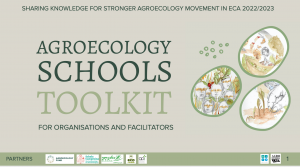
Agroecology school Toolkit
The Agroecology Schools Toolkit has been designed to support agroecology schools facilitators and young organisations in starting their own agroecology schools. Through horizontal knowledge-sharing organisations

PEOPLES’ MANIFESTO ON THE RIGHT TO ADEQUATE FOOD AND NUTRITION
Over 100 movements and organizations stand together through the Peoples’ Manifesto on the Right to Food demanding political action towards agroecology and climate-resilient food systems,
BILIM - Agroecology alliance
in Europe and Central Asia region
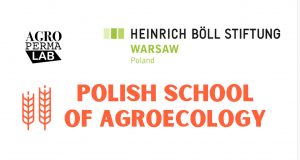
Polish School of Agroecology: Empowering Change in the Food System
We want to share with you a report from AgroPermaLab that collects our experiences, reflections, and methodologies gathered over two years during the Polish School
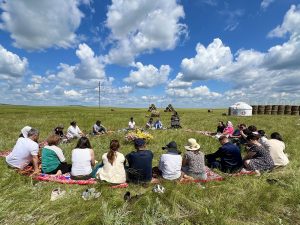
Workshop on smallholders, family farmers, and UNDROP implementation in Kazakhstan is successfully completed
The Workshop on Smallholders and Family Farmers and the Implementation of UNDROP was successfully conducted from July 18th to 20th, 2024, in Stepnogorsk, Akmolinsk region
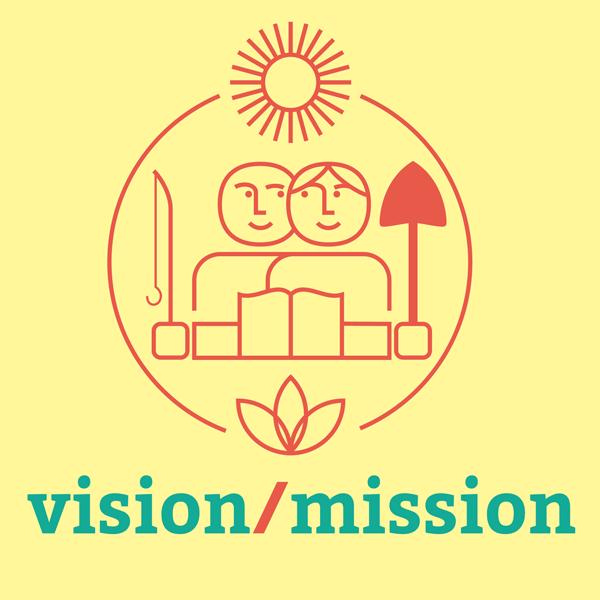
There are 1.5 billion peasant farmers and food producers in the world (the largest sector in the world) and they represent a pillar of economic democracy. Indeed, small-scale food producers make food and agriculture the unique sector of the economy which is not dominated by oligopolies (Internet is in the hands of 10 companies, the world energy market is possibly in the hands of 20, and most economic sectors are experiencing unprecedented concentration). Despite the large number of concentration processes currently ongoing, food and agriculture represents the only sector where there are still 1.5 billion food producers. Hence, a rights-based social and economic model built on a strong sector of food producers, peasant farmers, small-scale fishers and pastoralists, and not on the arrogant force of a few.


